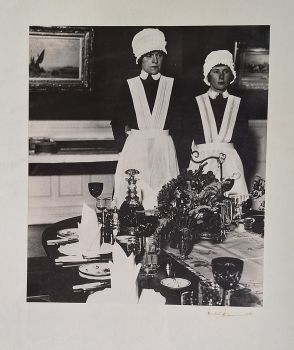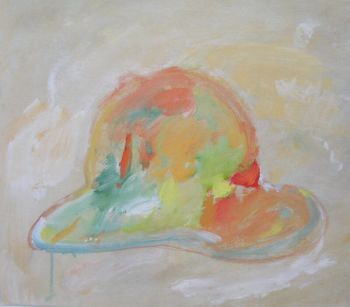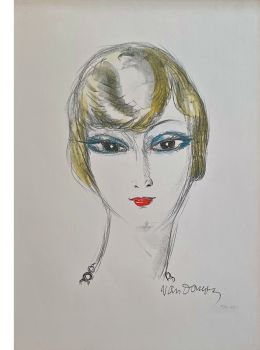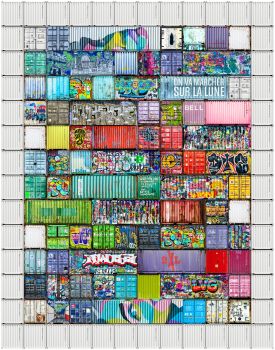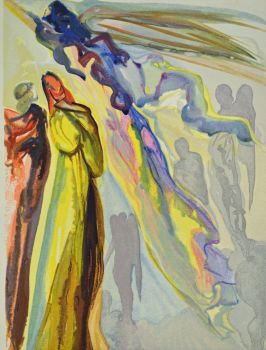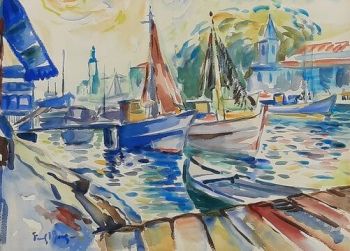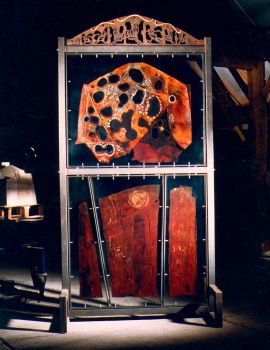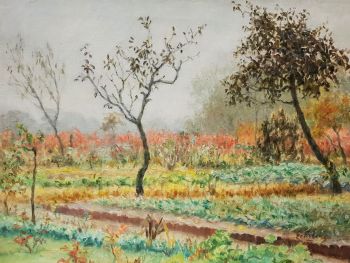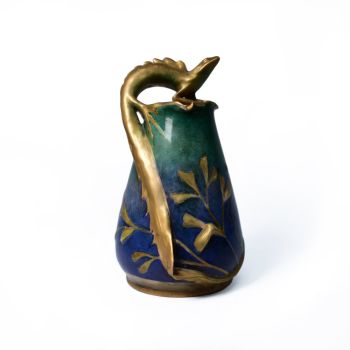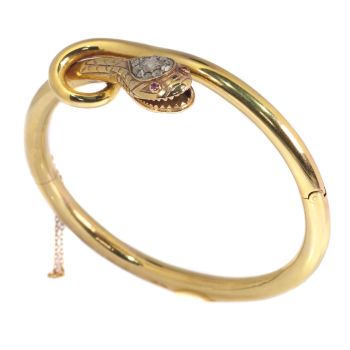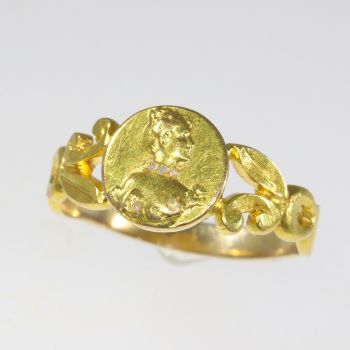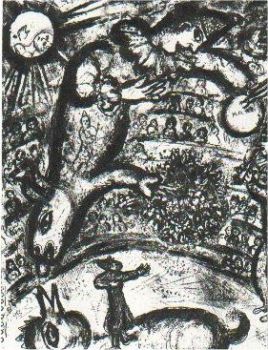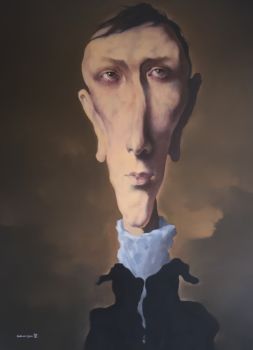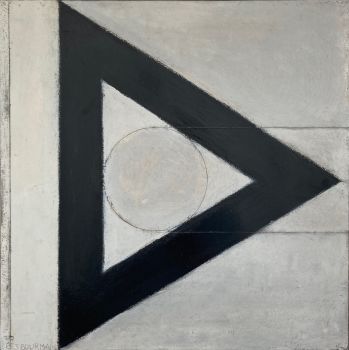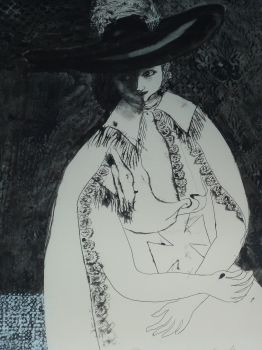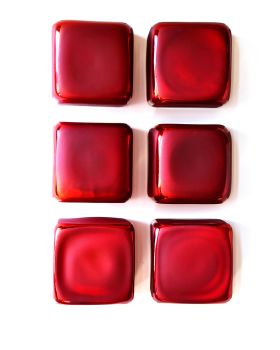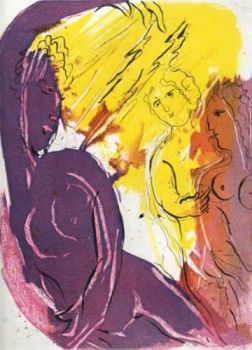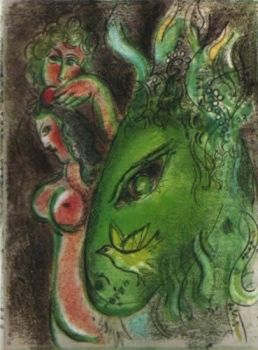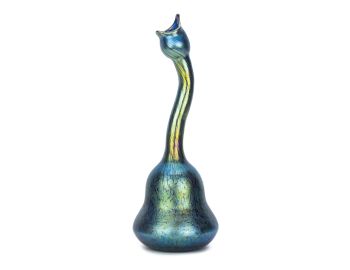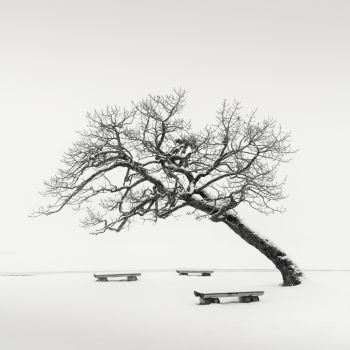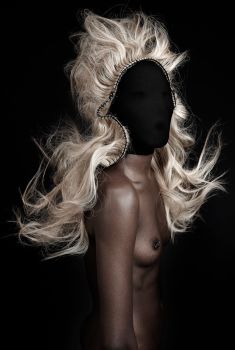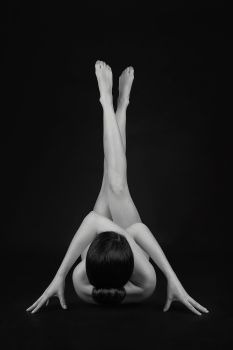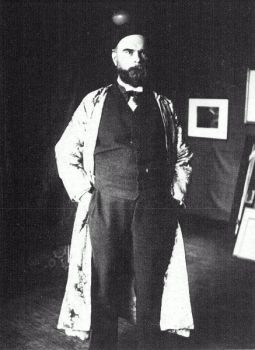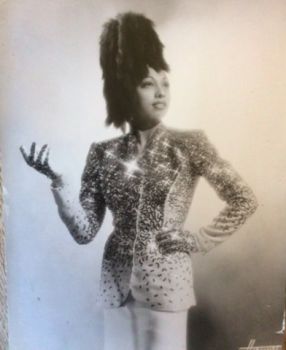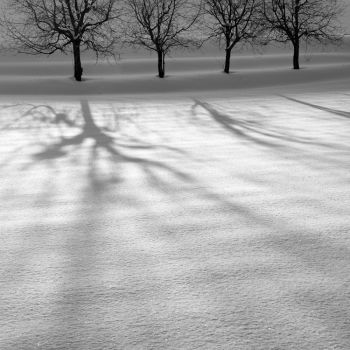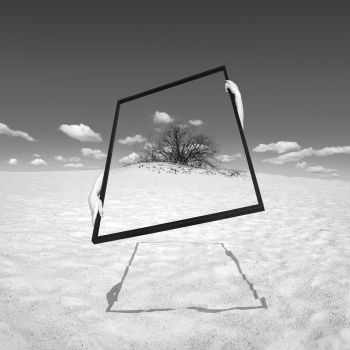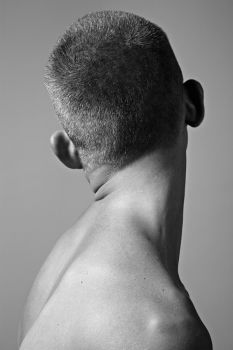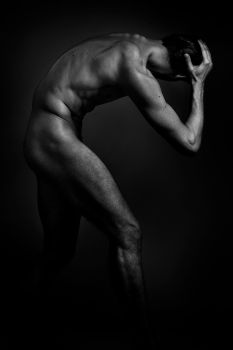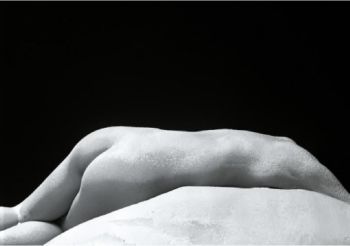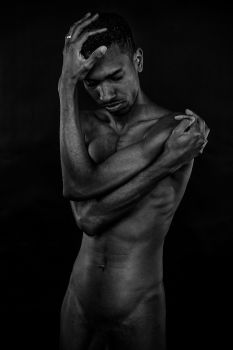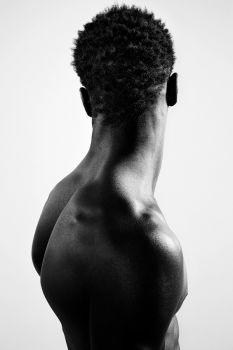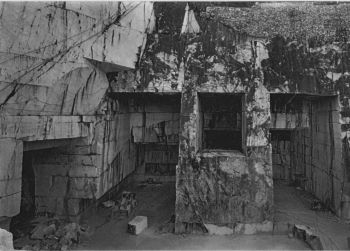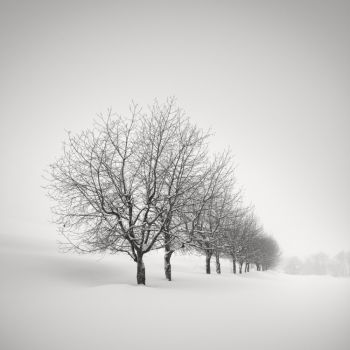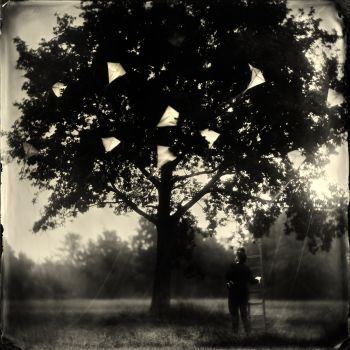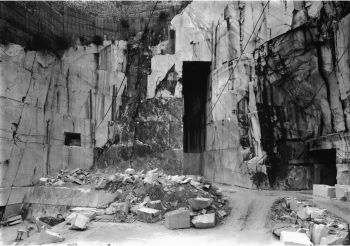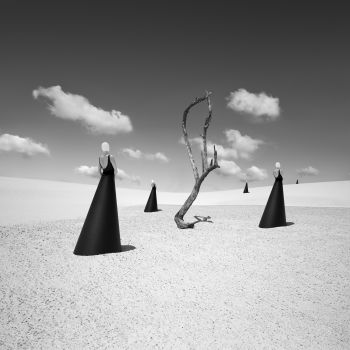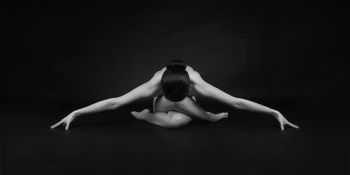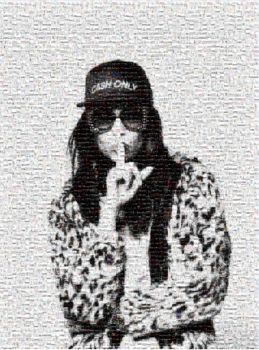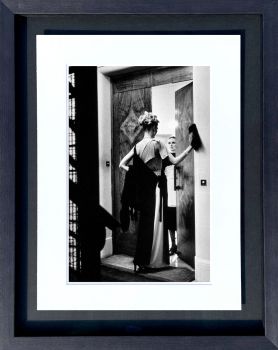About the artist
Bill Brandt, originally known as Hermann Wilhelm Brandt (May 2, 1904 – December 20, 1983), was a renowned British photographer and photojournalist. Although born in Germany, Brandt later made England his home, gaining fame for his captivating images of British society, which graced the pages of magazines like Lilliput and Picture Post. His portfolio expanded to include unconventional nude photography, portraits of celebrated artists, and striking landscapes. Bill Brandt is widely regarded as one of the most significant British photographers of the 20th century.
Hailing from Hamburg, Germany, Brandt was the son of a British father and German mother. He came of age during World War I, a period marked by the internment of his father, a British citizen residing in Germany for most of his life, by the Germans for six months. Brandt would later disavow his German heritage, often asserting that he was born in South London.
In the aftermath of the war, he battled tuberculosis, spending a substantial portion of his youth in a sanatorium in Davos, Switzerland. Seeking treatment, he traveled to Vienna for psychoanalysis and emerged from the experience pronounced cured. During this time, he found a benefactor in socialite Eugenie Schwarzwald. It was during this phase that Brandt crossed paths with Ezra Pound, who offered him an introduction to the iconic photographer Man Ray, providing Brandt access to Ray's studio and darkroom in Paris in 1930.
In 1933, Bill Brandt relocated to London, embarking on a unique documentary journey to capture various facets of British society, a relatively uncommon practice at the time. His extensive documentation led to the publication of two books, "The English at Home" (1936) and "A Night in London" (1938). He made regular contributions to magazines like Lilliput, Picture Post, and Harper's Bazaar. In 1940, commissioned by the Ministry of Information, Brandt documented the Underground bomb shelters of London during the Blitz, capturing 39 poignant photos between November 4th and 12th, temporarily halted due to illness. All these photos were taken with a Rolleiflex camera.
Amidst World War II, Brandt diversified his photographic subjects, though he excelled in portraiture and landscape photography. His post-war portfolio encompassed "Literary Britain" (1951) and "Perspective of Nudes" (1961), culminating in a compilation of his finest works in "Shadow of Light" (1966). Bill Brandt achieved recognition as the most influential and internationally acclaimed British photographer of the 20th century. His body of work resonated with profound social commentary and poetic allure. His landscapes and nude compositions are characterized by their dynamic, intense, and powerful quality, often employing wide-angle lenses and deliberate distortion.
Bill Brandt passed away in London in 1983, leaving behind a legacy that continues to captivate and inspire admirers of fine art and photography worldwide.

